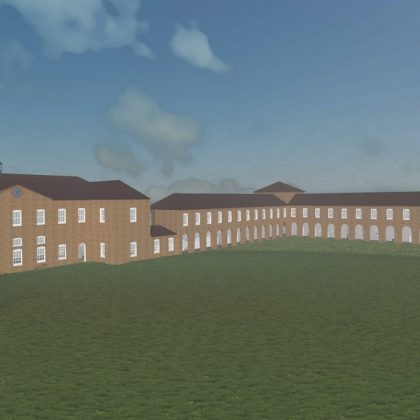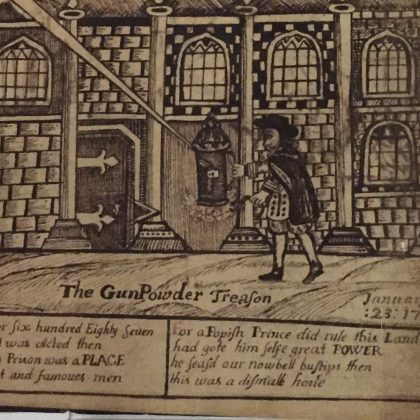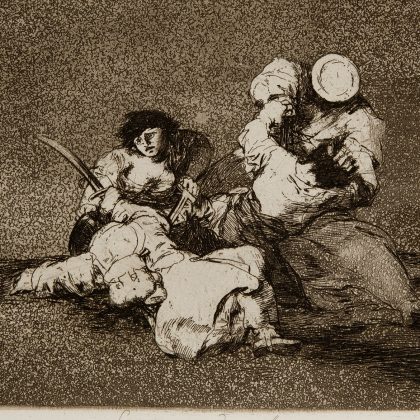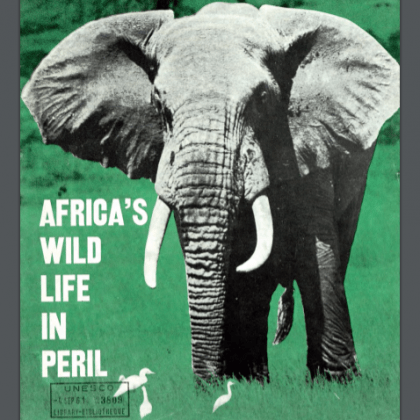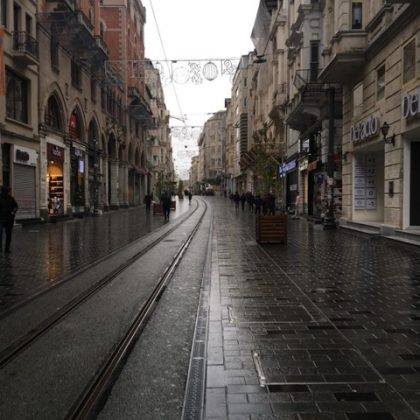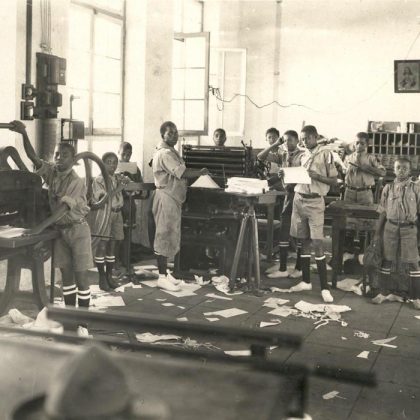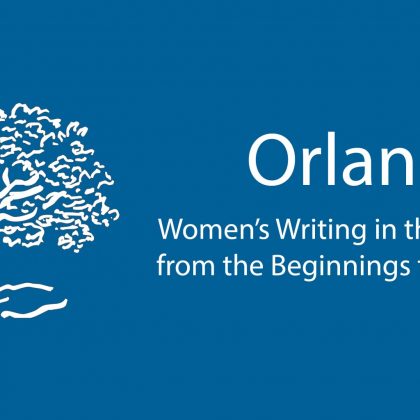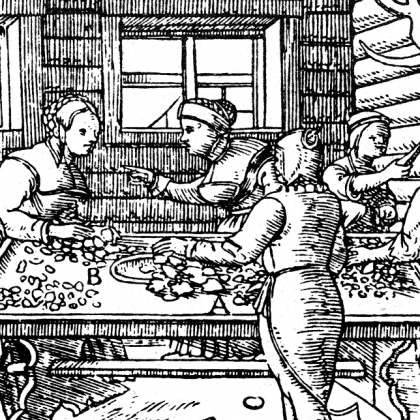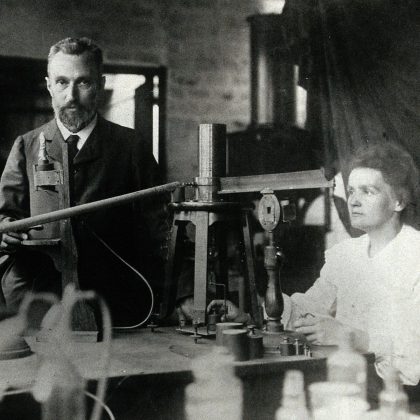The Political Theory of American Populism
The study of the late nineteenth-century American Populist movement has long been one of the liveliest fields in American historiography. This stature definitely is fitting for one of the most formidable social movements in American history – and an uncomfortable outlier to today’s anti-populist consensus.

